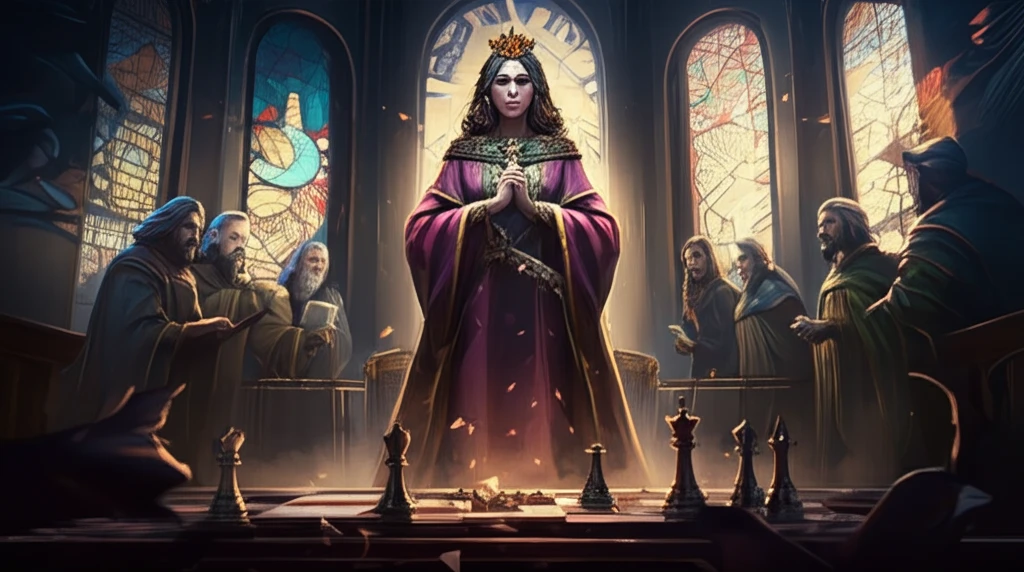
Unveiling the Women Who Shaped Medieval Europe: Power, Politics, and Personal Lives
"Beyond the Kings and Knights: Discover the Untold Stories of Influential Women in Medieval History"
The Middle Ages, often portrayed as a world dominated by men, held within it a fascinating network of powerful and influential women. While historical narratives have traditionally focused on kings, knights, and clergy, recent scholarship sheds light on the significant roles women played in shaping medieval Europe's political, social, and cultural landscape.
These women, whether through royal lineage, religious influence, or sheer force of personality, navigated complex power structures and left an indelible mark on their times. From queens and regents to abbesses and reformers, their stories offer a richer, more nuanced understanding of the medieval world.
This article delves into the lives and legacies of some of these remarkable women, exploring their contributions to politics, religion, and society, and highlighting the ways in which they challenged and redefined traditional gender roles.
Blanche of Castile: A Royal Powerhouse

Blanche of Castile, Queen of France and regent for her son Louis IX, stands as a prime example of a woman wielding considerable political power in the medieval era. Her life, expertly detailed in recent historical analysis, reveals a shrewd leader who navigated treacherous political landscapes and secured the Capetian dynasty's future.
- Founded and supported religious institutions like Royaumont Abbey.
- Transformed the French court into a center of culture and learning.
- Maintained peace and stability during Louis IX's minority.
- Successfully navigated complex political alliances.
Beyond the Throne: A Legacy of Influence
The stories of Blanche of Castile and other influential women of the Middle Ages challenge traditional historical narratives and offer a more complete understanding of this complex period. Their contributions to politics, religion, and society demonstrate the diverse ways in which women shaped the medieval world, leaving a lasting legacy that continues to inspire and inform us today. By examining their lives and experiences, we gain valuable insights into the dynamics of power, gender, and social change in a pivotal era of European history.
